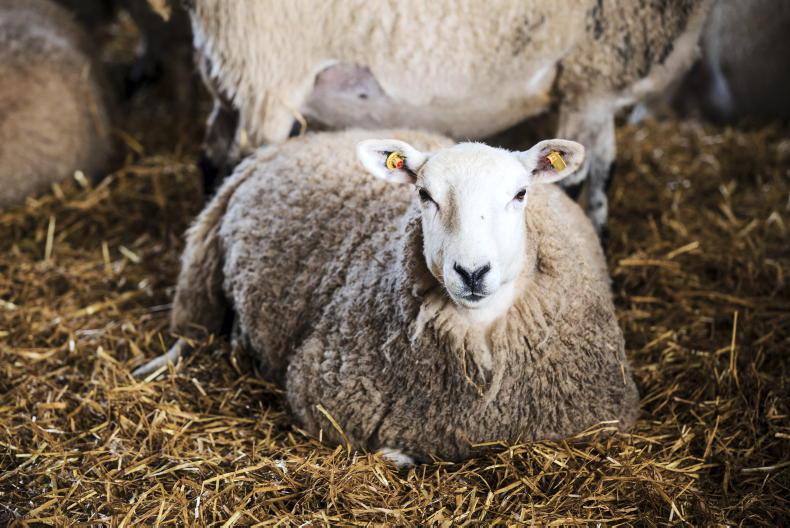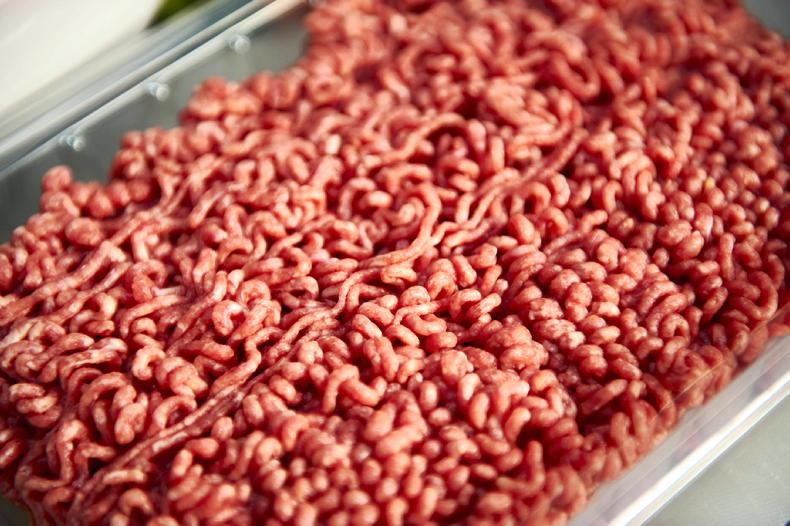I can understand authorities in Brussels and Dublin wanting to control the indiscriminate use of antibiotics – the compounds are too valuable to human health to be available willy-nilly, especially when there is a danger of resistance developing that compromises their effectiveness in treating potentially life-threatening diseases.
There is also the reality that new compounds with effective antibiotic properties are becoming harder to discover, so the case for effective control in the case of antibiotics is logical.
But apart from antibiotics, a large range of human medicines are available for ordinary, over-the-counter sale to consumers – everything from painkillers to treatments for head lice in children.
These new restrictive regulations have been under consideration for a long time
In fact, head lice in children is a particularly apt example, as lice treatment for cattle will need a prescription from a vet once the new regulations come in, despite the ordinary consumer being able to walk in and buy the treatment for humans over the counter.
These new restrictive regulations have been under consideration for a long time. In European legislation, there is the concept of a “professional keeper of animals” where it is recognised that there will be a level of knowledge brought to bear by farmers in looking after their animals.
Part of the reason given for the implementation of the new restrictions on anthelminthics and flukicides is the development of resistance
This is truer in Ireland at this stage than it ever has been, with an almost universal attainment of the comprehensive Green Cert programme by those going into farming. This is in marked contrast to the situation in previous generations. Part of the reason given for the implementation of the new restrictions on anthelminthics and flukicides is the development of resistance in cattle and sheep on some farms to specific products.
While this is true, dung samples tested in one of the regional vet labs will quickly identify if there is a problem.
As it is, most countries face a shortage of large animal vets – to force an unnecessary new batch of regulatory duties seems bizarre. It ignores the realities of the knowledge base underlying modern commercial farming.










SHARING OPTIONS